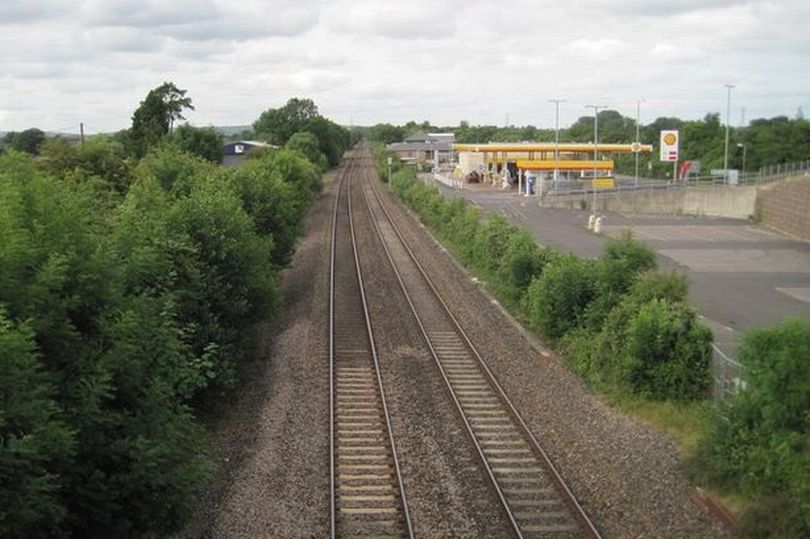Major Transport Investments Set to Transform Devon and Cornwall
Devon and Cornwall are set to experience a significant transformation in their transport networks, thanks to a series of major infrastructure developments. These include the construction of new railway stations and substantial road improvements, all part of a broader government initiative aimed at boosting economic growth and improving connectivity across the region.
New Railway Stations for Cullompton and Wellington
Two brand new railway stations are set to be built in Cullompton and Wellington, reconnecting these towns to the rail network between Exeter and Taunton. This marks the first time in decades that these communities will have direct access to the rail system. The project is part of a larger £92 billion transport investment strategy designed to unlock new job opportunities and housing developments.
The new stations will serve growing communities and provide an essential link for residents traveling across the region or to major hubs such as Exeter and Bristol. These upgrades are expected to enhance regional connectivity and support long-term economic growth in the South West.
Road Improvements Across the Region
In addition to the rail developments, a range of major road improvements have been announced. One key project is the A382 scheme, which will run from Drumbridges to Newton Abbot. This includes realigning and widening the highway, constructing a new link road, and upgrading four junctions—two of which will become roundabouts. Plans also include the development of new pedestrian and cycle paths, aiming to improve safety and reduce congestion for all road users.
Other smaller but strategically important road schemes have also received funding. These include improvements to junctions along the A38 corridor and around Plymouth. Specific projects involve enhancements at the A374, A386, and A364 junctions, as well as work around North Somerset, previously known as the Bristol Airport Access project.
Government Commitment to Transport Infrastructure
Transport Secretary Heidi Alexander highlighted the importance of transport infrastructure in driving economic growth. She stated that the government is providing a record funding boost to ensure that taxpayer money is used effectively. This investment aims to make daily journeys easier and support the creation of 1.5 million new homes as part of the Plan for Change.
Alexander also mentioned the re-introduction of rail services between Portishead and Bristol City Centre, which will better connect people with jobs, education, and new opportunities. The ongoing efforts to develop and improve transport infrastructure are expected to create employment, support housing developments, and enhance access to public transport across Devon and Cornwall.
Conclusion
The combination of new railway stations and extensive road improvements represents a significant step forward for transportation in Devon and Cornwall. These developments are not only expected to ease congestion and improve safety but also to stimulate economic growth and provide better connectivity for residents. As the government continues to invest in critical infrastructure, the region is poised for a period of renewal and opportunity.






